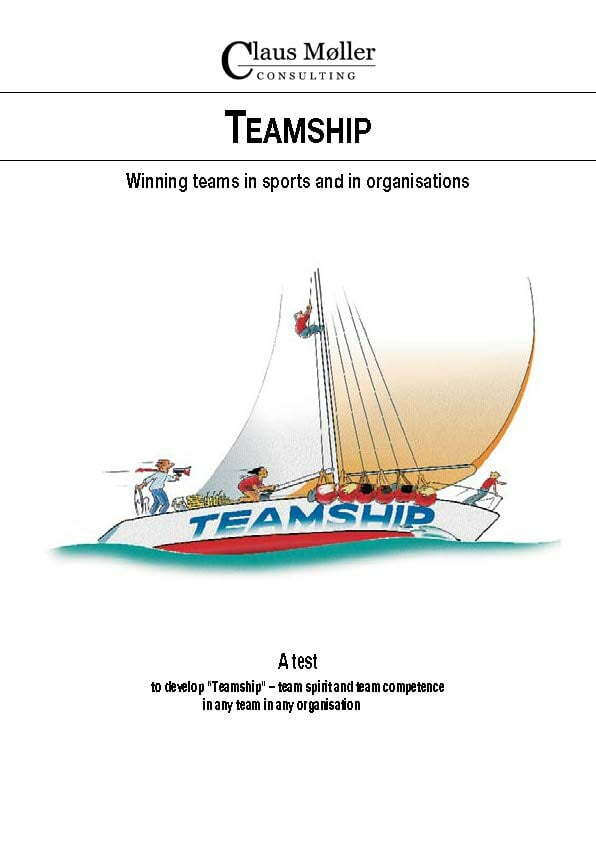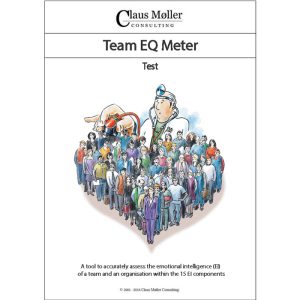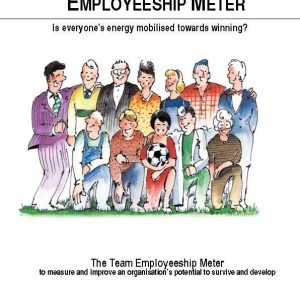Teamship Meter
Winning teams in sports and in organisations. A tool to develop “Teamship” – team spirit and team competence in any team in any organisation.
€1.250,00
Teamship
Winning teams in sports and in organisation
An organisation may be described as a “team of teams”. The success of any organisation depends on the success of each team and the teams’ ability to co-operate and support each other.
A successful team displays “Teamship”. Teamship exists when everyone in the team:
- is capable, i.e. has the adequate skills and knowledge
- is willing to co-operate and tobring out their best as an individual performer and as a team member
- has the freedom to take responsibility and initiative.
This book is about how an organisation can develop and sustain Teamship and create winning teams, real teams – rather than just working groups.
It is Claus Møller's experience that organisations can get a lot of inspiration from the world of sports when it comes to effective teamwork. Much can be learned from observing all the different games based on teams be it basketball, volleyball, hockey, cricket, baseball, rugby, handball or football (soccer).
In this book we have chosen to use football as a parable.
Benefits from this book
The book provides both inspiration and practical help for management, team leaders and team members to compose and develop winning teams. The book suggests how company teams can profit from adopting the characteristics of winning football teams.
The book includes 3 tools:
Teamship Meter – A tool to monitor, develop and shape the team culture.
Can/will model – A tool to put together a winning team.
Teamship policy – A tool to shape the Teamship culture in organisations.
The book is for everyone
Team leaders
The team leader can obtain inspiration and specific tools to:
- create a highly performing team
- ensure the right team spirit
- gain respect from the team members
- achieve better results.
Team members
All employees can find inspiration and help to:
- become a high performer
- understand their own role as a team member
- adopt the attitude: “I play for myself and the team to win”
- take responsibility for the success and failure of the team
- achieve better opportunities, influence, career, compensation, recognition, and quality of life.



